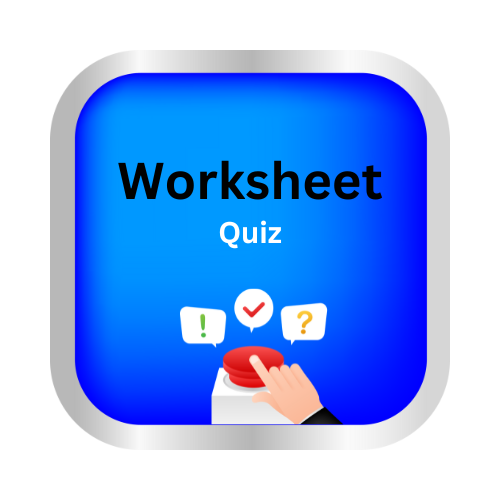Words with un-, dis-, in-, im- and non-
Key Notes:-
| Understanding Prefixes |
A prefix is a group of letters added to the beginning of a word to change its meaning. The prefixes un-, dis-, in-, im-, and non- often create words with a negative or opposite meaning. Understanding these prefixes can significantly expand your vocabulary and improve your comprehension.
| Prefix: un- |
The prefix un- generally means not or opposite of.
| Examples: Unhappy Unkind Unusual Unlock Unclear | Using un- in Sentences: The ending of the book was unexpected. It is unwise to swim in that polluted lake. The instructions were unclear, so I asked for help. |
| Prefix: dis- |
The prefix dis- often indicates reversal, negation, or removal.
| Examples: Disagree Disappear Disconnect Disobey Disapprove | Using dis- in Sentences: I disagree with your opinion. The magician made the rabbit disappear. It’s rude to disrespect your elders. |
| Prefixes: in- and im- |
The prefixes in- and im- both generally mean not. Im- is usually used before words beginning with m or p.
| Examples: Incorrect Incomplete Invisible Impossible Impatient | Using in-/im- in Sentences: The answer to the question was incorrect. It’s impolite to interrupt people. Staying silent makes you invisible in a crowd. |
| Prefix: non- |
The prefix non- means not or absence of.
- Nonsense
- Nonfiction
- Nonviolent
- Nonstop
- Nonessential
- The movie was filled with nonstop action.
- Nonfiction books are based on true events.
- His explanation was complete nonsense.
- Pay attention to spelling: Sometimes the base word changes slightly when a prefix is added (e.g., im- before words starting with m or p).
- Consider the context: The prefix you choose should make sense in the context of the sentence.
- Expand your vocabulary: Learn as many words with these prefixes as possible to improve your understanding and writing skills.
- Fill in the blank: The directions were so complicated that they were almost ___________ (readable).
- Create a sentence: Use the word “disappear” in a sentence.
- What does it mean? What does the word “nonessential” mean?
- Which prefix? Which prefix would you use to make the word “accurate” mean “not accurate”?
- Challenge: Write a short paragraph using at least three words from this lesson.
| Summary |
This lesson covered the prefixes un-, dis-, in-, im-, and non-, which are used to create words with negative or opposite meanings. Understanding and using these prefixes effectively can significantly enhance your vocabulary and writing skills. Remember to practice using these prefixes in sentences and pay attention to spelling rules.
Let’s practice!

